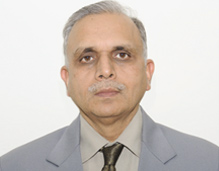BRICS comes of age at Durban
BRICS is not challenging the existing world order. It is seeking a place in the sun for developing countries. It is looking at alternative approaches but there is no desire to seek confrontation with the West.
- Published: April 01, 2013














